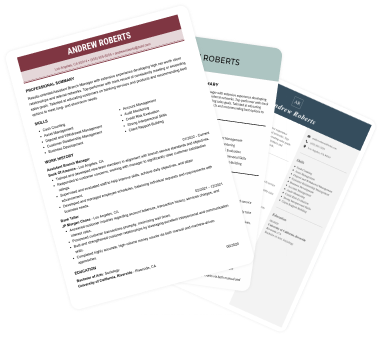Create a professional CV now!
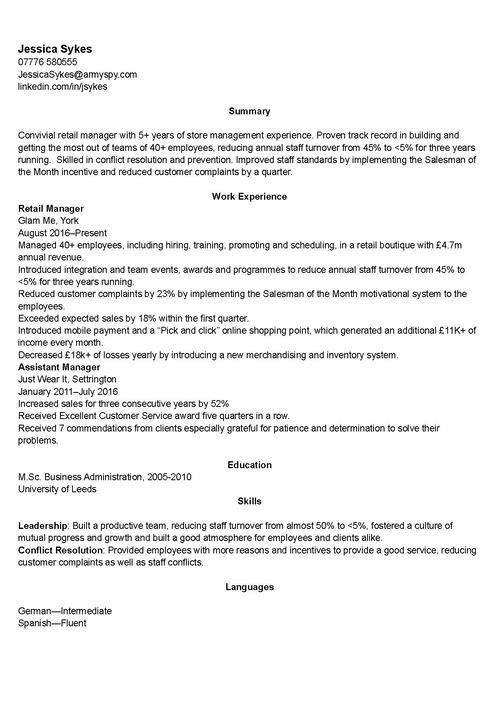 NO
NO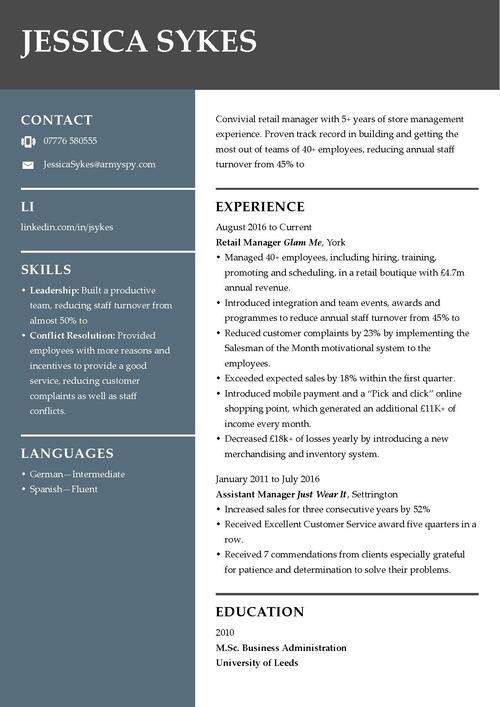 YES
YESLast updated on 4 February, 2026
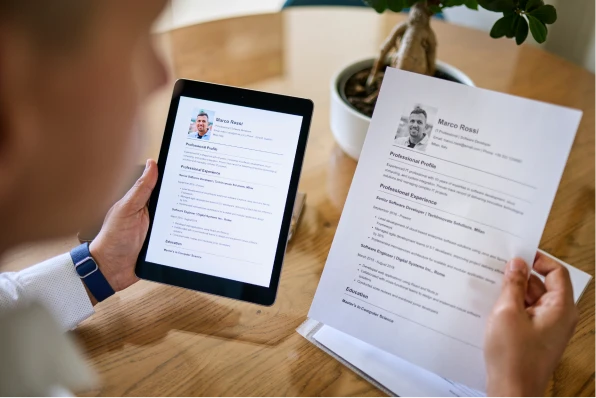
Our customers have been hired by*:
Interpersonal skills form the foundation of strong professional relationships. They enable you to communicate clearly, resolve conflicts, demonstrate empathy, and collaborate effectively with others. Whether you work in sales, HR, management, or customer service, these skills are essential for fostering a positive workplace and advancing your career.
Let me show you 10+ examples of interpersonal skills for a CV and teach you all there is to know about these essential abilities.
In this guide, you’ll:
Create an effective CV in minutes. Choose a professional CV template and fill in every section of your CV in a flash using ready-made content and expert tips.
Create a professional CV now!
 NO
NO YES
YESInterpersonal skills are the abilities that enable you to interact effectively, communicate clearly, and build strong relationships with others. They include understanding, reacting and affecting other people in both social and professional situations.
These skills are crucial for people working in sales, customer service, management, and human resources. However, they are instrumental in nearly all professions, and that’s why they must make it into your CV.
Common wisdom is that interpersonal skills come naturally. But science proves they can be improved by training, and the more you practise them, the better you’ll become. With that in mind, consider the following tips for developing strong interpersonal skills.
Having employees with excellent interpersonal skills can only enhance the workplace. Here are some ways it influences the company, the atmosphere and the entire vibe:
Interpersonal skills encompass a wide range of related abilities. Each is valuable, and each generates distinct benefits. Combined, they create an exceptional candidate for nearly all positions that require human interaction.
Here are the key interpersonal skills for a CV:
Effective communication skills are about more than just speaking clearly. They include listening actively, reading body language, and adapting your message to your audience. Strong communicators ensure that information is shared accurately and misunderstandings are avoided, helping teams collaborate smoothly.
Empathy means understanding and sharing the feelings of others. In the workplace, it enables you to build strong relationships by demonstrating to colleagues and clients that you value their perspectives and concerns. Empathy promotes a supportive environment where people feel heard and respected.
Being a team player involves working collaboratively with others to achieve common goals. It requires flexibility, respect, and a willingness to share responsibility. Effective teamwork skills enable you to contribute your strengths, support colleagues, and collaborate to resolve challenges together.
Conflict resolution is the ability to manage and resolve disagreements in a constructive manner. Skilled professionals listen to all sides, remain calm under pressure, and find solutions that satisfy everyone involved. Being skilled in conflict resolution will help you maintain a positive work environment and keep projects on track.
Emotional intelligence is the ability to recognise, understand, and manage your own emotions, as well as those of others. This skill enables you to respond thoughtfully in challenging situations, foster rapport, and manage workplace stress with maturity.
Maintaining a positive attitude means approaching work and interactions with optimism and a sense of enthusiasm. It helps motivate others, fosters resilience in the face of setbacks, and creates a welcoming and productive atmosphere. Not to mention that everyone prefers to surround themselves with positive people.
Negotiation skills are about reaching agreements that benefit all parties involved. Effective negotiators listen carefully, communicate their needs clearly, and look for win-win solutions. This skill is valuable in securing resources, resolving disputes, and managing relationships with clients or suppliers.
Active listening involves fully concentrating on what someone is saying, understanding their message, and responding thoughtfully. It fosters trust, prevents misunderstandings, and demonstrates respect for the speaker’s perspective.
Adaptability is the ability to adjust your behaviour and approach when faced with changing circumstances or new information. Being adaptable enables you to remain effective in dynamic environments, demonstrating your openness to learning and growth.
Persuasion involves influencing others to understand and support your ideas or proposals. This skill necessitates clear communication, empathy, and credibility. Persuasive professionals propel projects forward and secure buy-in from stakeholders.
A strong CV summary will convince the recruiter you’re the perfect candidate. Save time and choose a ready-made personal statement written by career experts and adjust it to your needs in the LiveCareer CV builder.
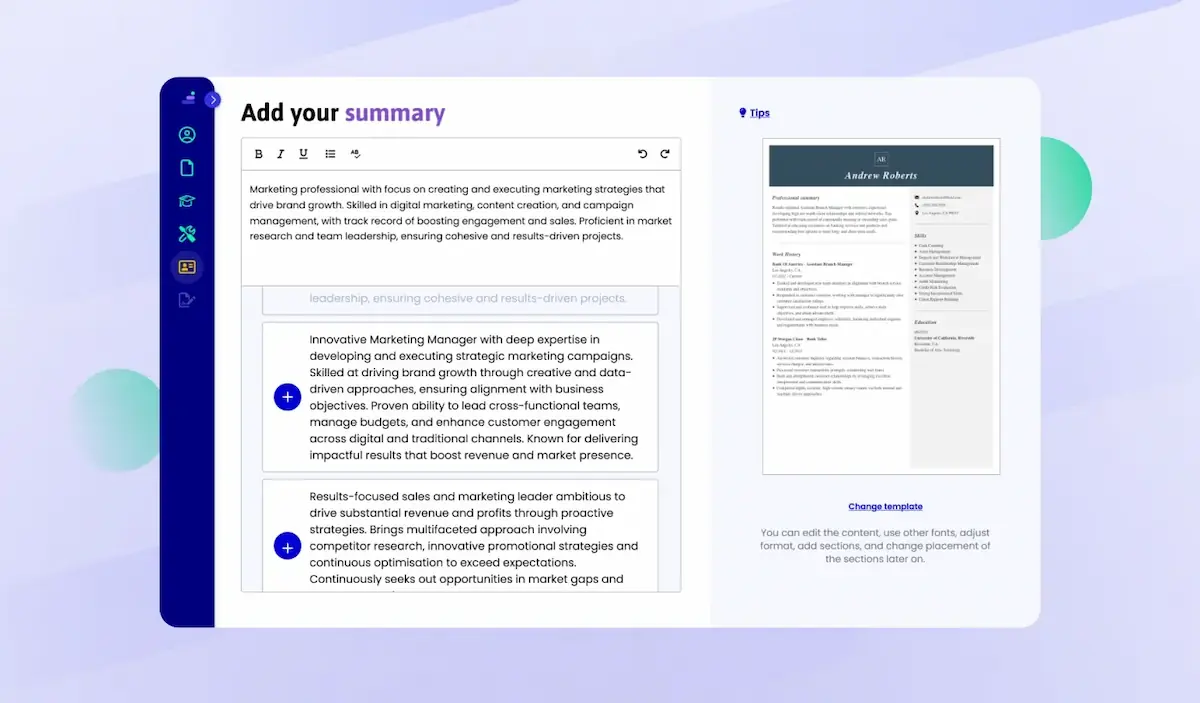
Enhancing your interpersonal skills can significantly improve the way you connect with clients, colleagues, and managers. Whether you’re just starting or striving to become a more influential professional, these tips will help you communicate more effectively, build stronger relationships, and tackle any workplace challenge with confidence.
Here are some of the ways you can improve your interpersonal skills:
Give your full attention when others are speaking. Avoid interrupting, and demonstrate your engagement by nodding, summarising key points, and asking clarifying questions. Active listening fosters trust and enables you to understand different perspectives more clearly.
Make a deliberate effort to understand and recognise others’ feelings and perspectives. Empathy not only demonstrates that you care but also fosters a supportive environment where individuals feel respected and valued.
Keep calm and carry on, especially during stressful or confrontational situations. Being aware of your feelings and controlling your reactions helps maintain professionalism and prevents misunderstandings.
Use polite, clear, and positive language, especially when discussing complex subjects. Respectful communication nurtures goodwill, ensuring that conversations remain constructive and productive.
Non-verbal signals, such as maintaining eye contact, using open gestures, and mirroring others’ posture, can enhance your message and convey confidence. Positive body language enhances the engagement and authenticity of your interactions, thereby having a more substantial impact on your conversation partners.
Consistently gather feedback on your interactions with others, and remain receptive to improvement suggestions. Constructive criticism enables you to develop and adjust your interpersonal approach for various situations.
Show you’re 100% focused on the conversation, the other person or the task. Do it by removing all the distractions, such as phones or side discussions. Focused interactions show respect and guarantee more transparent communication.
Take time to get to know your colleagues and clients beyond work tasks. Be friendly, ask questions, try to learn something and actively listen. Showing genuine interest in others creates stronger bonds and a more collaborative work environment.
Learn to handle disagreements calmly and objectively. Listen to different perspectives, identify common ground, and strive for solutions that meet everyone's needs. Successful conflict resolution fosters harmony and trust.
Strengthen your development through communication or interpersonal skills training. Additionally, seek mentors who exemplify strong interpersonal skills and can offer guidance and constructive feedback.
Your interpersonal skills make you approachable, easy-going, and friendly. Demonstrating them on your CV will immediately show that you’re a great communicator who is adaptable to new tasks, unafraid to ask questions, and capable of working well with others. So let’s find out how to do it right.
Your CV profile is a great place to start showing your interpersonal skills. After all, these skills require tons of excellent communication, so communicating your abilities at the top of your resume is a must.
Interpersonal skills examples in the CV summary:
Personable and proactive HR Specialist with over 5 years of experience in employee relations, talent management, and HR compliance. Known for strong interpersonal skills, including active listening, empathy, and conflict resolution, which have helped foster inclusive and productive workplace cultures. Adept at supporting staff through change, resolving workplace issues with sensitivity, and building trusted relationships across all levels of an organisation. Looking to bring emotional intelligence, discretion, and people-first HR practices to a forward-thinking company.
The core of your CV is the work experience section. This is the most space you will have to elaborate on any aspect of your CV, which should be one page in most cases. These CV tips should help you format this part effectively:
Interpersonal skills in the work experience section:
You don’t have to be a CV writing expert. In the LiveCareer CV builder you’ll find ready-made content for every industry and position, which you can then add with a single click.

If you’re writing a student CV, your CV education section will contain most of the evidence for hiring you. That’s where leading or organising extracurricular activities can show your interpersonal skills. If you have work experience already, limit your note to just a brief mention of where you studied.
Examples of interpersonal skills in the education section:
BA (Hons) Human Resource Management
University of Leeds, Leeds, UK
Graduated: 2017
Your CV skills section is a tricky one. If you are in a more technical field which requires a lot of hard skills, this is where that longer list goes, and the focus on your interpersonal skills has already been done.
If you don’t have many critical hard skills to put on your CV, it may serve you to use this opportunity instead to reiterate the most important strengths you possess.
Interpersonal skills examples in the skills section:
Making a CV perfect means not losing focus until the end. Adding a hobbies and interests section is okay if what you’re including is somewhat relevant to the position. For interpersonal skills examples, it could be as simple as showing you get along well with others elsewhere.
Examples of interpersonal skills in the extra sections:
Certifications
Professional Memberships
Hobbies & Interests
Don’t forget to reinforce these interpersonal strengths in your cover letter. It’s your chance to tell a story about how your people skills have made a difference—and to explain how you’ll continue making that difference in your next role.
Demonstrating interpersonal skills in a job interview involves more than merely discussing them. It’s about how you engage with the interviewer and respond to questions. From your tone and body language to the examples you share, every aspect matters. With the right preparation, you can showcase your ability to collaborate, communicate, and foster positive working relationships.
Here’s how to prove your interpersonal skills on a job interview:
Combining real examples with positive, professional communication will help you bring your interpersonal skills to life. The way you speak and listen during the interview can be just as persuasive as what’s written on your CV!
Now let’s see how all these tips will look when applied to a CV.
Jane Patel
HR Specialist
jane.patel@email.com
07700 900785
linkedin.com/in/janepatelhr
Personal Profile
Personable and proactive HR Specialist with over 5 years of experience in employee relations, talent management, and HR compliance. Known for strong interpersonal skills, including active listening, empathy, and conflict resolution, which have helped foster inclusive and productive workplace cultures. Adept at supporting staff through change, resolving workplace issues with sensitivity, and building trusted relationships across all levels of an organisation. Looking to bring emotional intelligence, discretion, and people-first HR practices to a forward-thinking company.
Work Experience
HR Specialist
Brighton & Oak Recruitment, London
Apr 2021–Present
HR Administrator
Taylor & West Legal, Manchester
Jan 2018 – Mar 2021
Education
BA (Hons) Human Resource Management
University of Leeds, Leeds, UK
Graduated: 2017
Key Skills
Certifications
Professional Memberships
Hobbies & Interests
A cover letter alone simply won’t be enough—you need an impactful CV, too. Create your CV in minutes. Just follow our wizard and fill in every CV section with ready-made content. Get started by choosing a professional CV template.
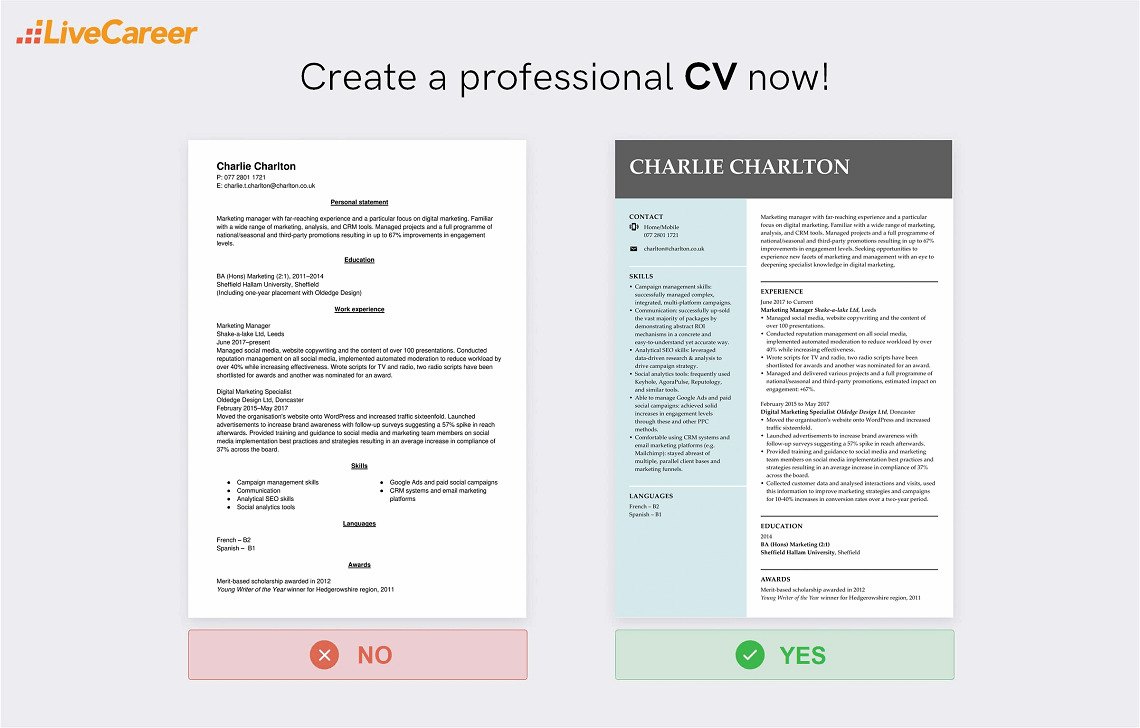
See more skills guides:
Thank you for reading! Good luck with your CV and your interviews. You got this!
Our editorial team has reviewed this article for compliance with Livecareer’s editorial guidelines. It’s to ensure that our expert advice and recommendations are consistent across all our career guides and align with current CV and cover letter writing standards and trends. We’re trusted by over 10 million job seekers, supporting them on their way to finding their dream job. Each article is preceded by research and scrutiny to ensure our content responds to current market trends and demand.
Category: CV Help
Crafting a job-winning CV is all about showcasing your unique skills and experiences. Start with a strong personal statement that highlights your career goals and achievements.
Try Our CV Builder Now